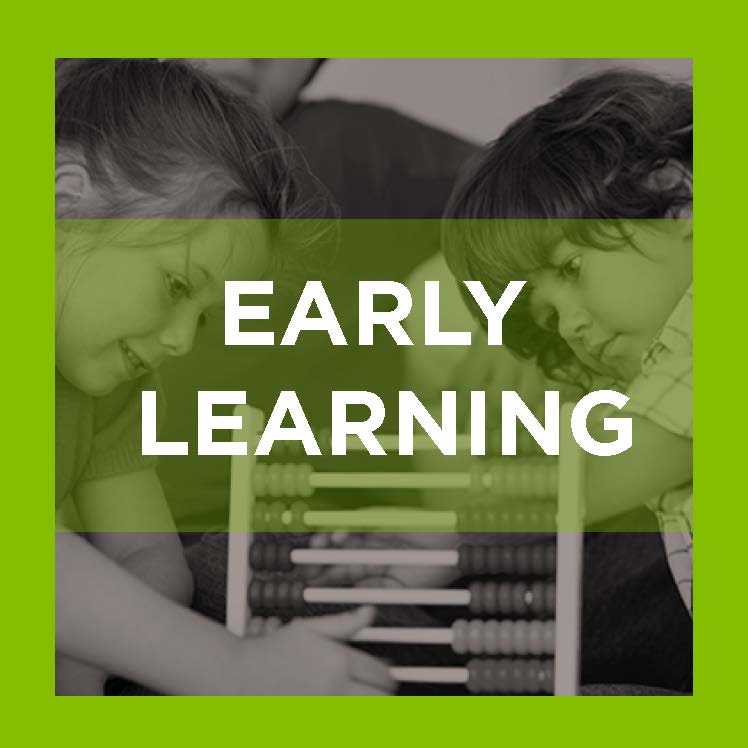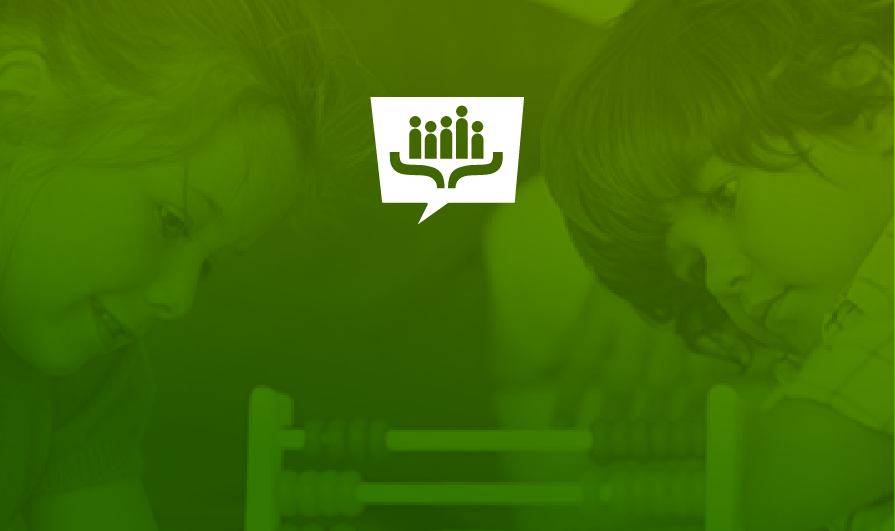Today, we’re releasing How States Fund Pre-K: A Primer for Policymakers, which outlines funding mechanisms to consider to support pre-K programs — a growing line in many states’ budgets. All but six states fund pre-K, and nearly 1.5 million children nationally now participate. Understanding how pre-K programs are funded can help policymakers better ensure fair access and high quality. Topline findings include:
- Several states use sin taxes (lottery, tobacco, gambling) to fund pre-K programs, and others are looking for new innovative policy options. For example, Chicago and Utah have partnered with private lenders to drive their pay-for-success or social impact bonds, which fund pre-K.
- Nine states, plus the District of Columbia, fund pre-K programs through their K-12 school funding formulas, which is a strategy that can be used to protect funding from the legislative process or decreases in tax revenue.
However, as the National Institute for Early Education Research points out, funding strength does not always equate to access for all. Issues of equity arise when services do not reach certain groups because of location, income or other contributing factors. There are several other factors to consider — beyond funding — to ensure that early learning programs are accessible and demonstrate strong outcomes.
That’s, in part, why we’ve also updated our comprehensive resource for policymakers, Initiatives From Preschool to Third Grade: A Policymaker’s Guide, which covers 12 key issues in early learning that we commonly receive questions on. Addressing these issues can help policymakers create a seamless, high-quality P-3 continuum for all students:
- Preschool
- Transitions
- Kindergarten through third grade
- Full-day kindergarten
- Third-grade reading and math
- High-quality programs
- Aligned standards, curricula and assessments
- Funding
- Governance
- Workforce
- Dual-language learners
- Special education
Both resources give examples of what states are currently implementing to support early learning success, and we hope they are go-to resources for any state policymaker looking to do the same.





